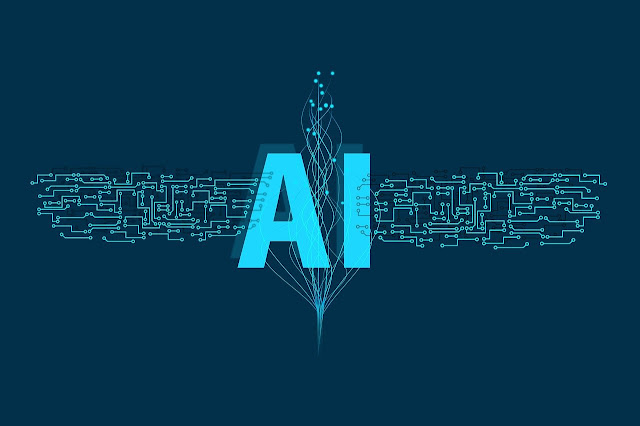Which countries are using artificial intelligence the most?
Which countries are using artificial intelligence the most? The adoption of artificial intelligence is on the rise worldwide. New data shows that some countries are significantly outperforming others, while the gap between developed and developing countries is widening. According to a recent Microsoft report assessing the spread of artificial intelligence around the world, the United Arab Emirates and Singapore stand out from the rest, with more than 60 percent of the population using some form of productive artificial intelligence tool last year. Both countries are also increasing the number of data centers, The Economist reported, even as higher temperatures make their operations more challenging. In contrast, 14 out of 24 countries in South and Central America, including Mexico, Venezuela, and Brazil, have artificial intelligence adoption rates below 20 percent, according to the report. According to the report, most of the use of artificial intelligence in the field comes from ...


